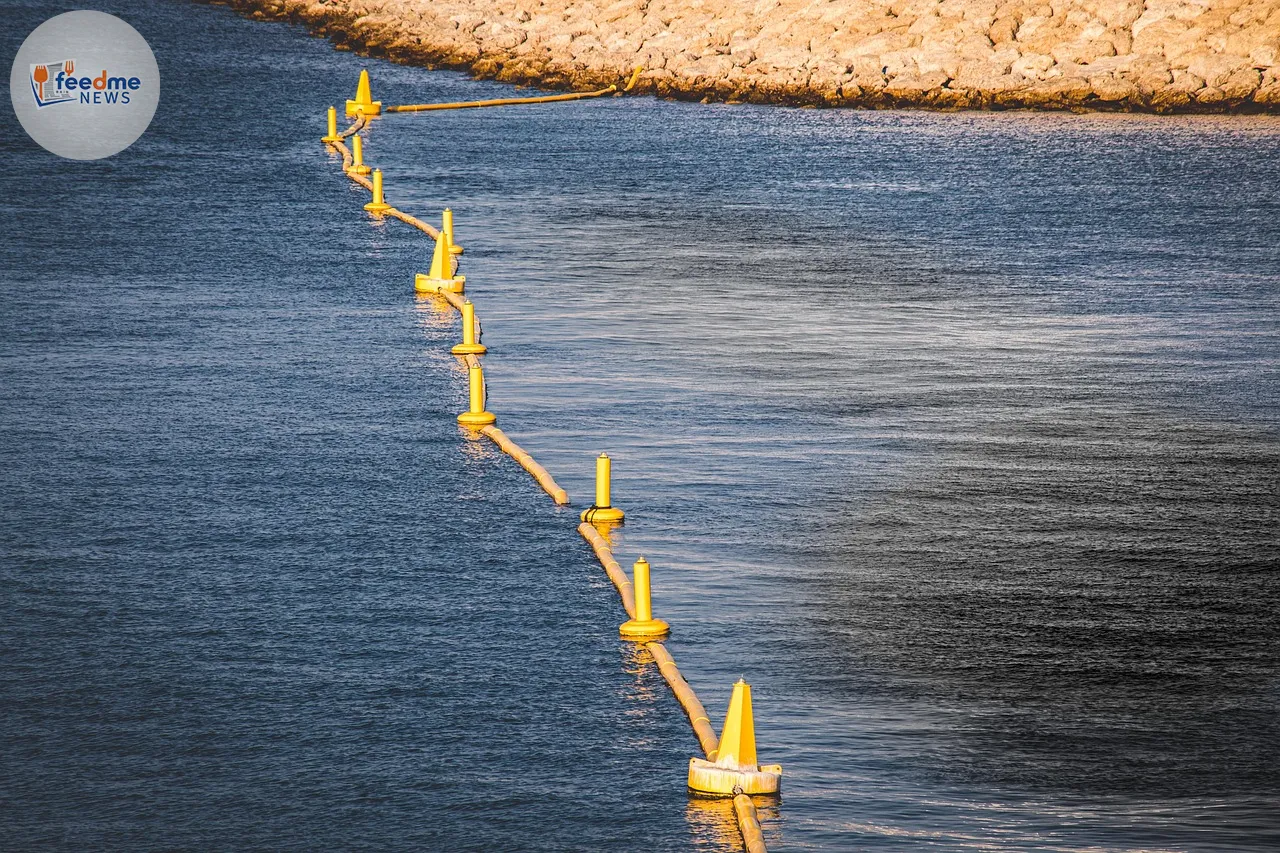A whistleblower has accused Colombia’s largest oil company, Ecopetrol, of causing significant environmental damage across the country. The allegations suggest that the company polluted hundreds of sites, including crucial water sources and wetlands. These claims, investigated by the BBC, have raised concerns about the environmental practices of major oil firms in the region.
The revelations come at a time when global attention is increasingly focused on environmental sustainability and corporate responsibility. The whistleblower, a former employee of Ecopetrol, provided detailed accounts and evidence of pollution incidents that have allegedly been overlooked or inadequately addressed by the company.
Pollution Allegations Surface
The whistleblower’s claims highlight extensive pollution across various regions in Colombia. According to the information provided, Ecopetrol’s operations have resulted in contamination of water bodies and wetlands, which are vital ecosystems supporting diverse wildlife and local communities. The BBC’s investigation corroborated these claims, uncovering evidence of oil spills and other pollutants affecting these sensitive areas.
The timing of these revelations is critical, as Colombia is actively working to improve its environmental record and reduce its carbon footprint. The country’s wetlands, in particular, play a crucial role in carbon sequestration and biodiversity conservation. The allegations against Ecopetrol, therefore, pose significant challenges to these national efforts.

Ecopetrol’s Response and Accountability
In response to the allegations, Ecopetrol has issued statements denying any wrongdoing. The company maintains that it adheres to strict environmental standards and regulations. However, environmental groups and local communities have expressed skepticism, urging for a thorough investigation into the whistleblower’s claims.
Experts in environmental law stress the importance of corporate accountability and transparency in such cases. They argue that companies like Ecopetrol must be held responsible for any environmental damage they cause, both to protect natural resources and to uphold the rights of affected communities.
Impact on Local Communities
The alleged pollution has had a profound impact on local communities, many of whom rely on the affected water sources for drinking, agriculture, and fishing. Residents in impacted areas have reported health issues and economic losses due to the contamination.
Community leaders have called for immediate action to remediate the polluted sites and provide compensation to those affected. They emphasise the need for stronger enforcement of environmental regulations and greater oversight of corporate activities in the region.
Environmental and Economic Implications
The implications of these allegations extend beyond environmental concerns. Colombia’s economy is heavily reliant on the oil industry, and any negative publicity or legal challenges could impact the country’s economic stability. The government faces the difficult task of balancing economic interests with environmental protection.
Environmental advocates argue that this situation underscores the need for a transition towards more sustainable energy sources. They call for increased investment in renewable energy and stricter controls on fossil fuel extraction to mitigate future environmental risks.
Looking Ahead: A Call for Change
The whistleblower’s revelations have sparked a broader conversation about the environmental responsibilities of oil companies operating in sensitive regions. As global awareness of climate change and environmental degradation grows, there is increasing pressure on corporations to adopt more sustainable practices.
Moving forward, it is crucial for Ecopetrol and other industry players to address these allegations transparently and take meaningful steps to prevent further environmental harm. This includes engaging with affected communities, investing in cleaner technologies, and ensuring compliance with environmental laws.
Ultimately, the outcome of this situation could set a precedent for how environmental issues are handled in Colombia and beyond. It serves as a reminder of the critical need for vigilance and accountability in protecting our planet’s precious ecosystems.





